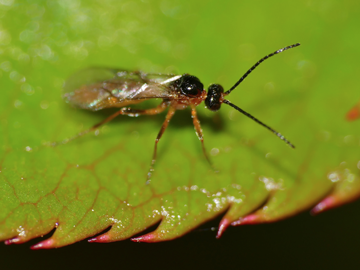
A DBMI postdoctoral research fellow has been honored with a Parasite Award, recognizing his outstanding contribution to the rigorous secondary analysis of data. As described in Nature Communications, first author Kun-Hsing Yu and collaborators used machine-learning methods to reanalyze pathology images from The Cancer Genome Atlas and the Stanford Tissue Microarray.
In addition to Yu's Junior Parasite Award, a Sustained Parasitism Award was given to Erick Turner, Associate Professor of Psychiatry at Oregon Health & Science University. By comparing published literature on clinical trials of anitdepressants to FDA drug approval packages, Turner and colleagues have uncovered pervasive publication bias, which has spurred them to develop OpenTrialsFDA.
The awards were announced at the 2017 Pacific Symposium on Biocomputing (PSB) in January.
The term "research parasite" was brought into prominence by a January 2016 editorial on data sharing in the New England Journal of Medicine. The theme of data reanalysis continues with the SPRINT Data Analysis Challenge, which wraps up its qualifying round on Wednesday, February 14.